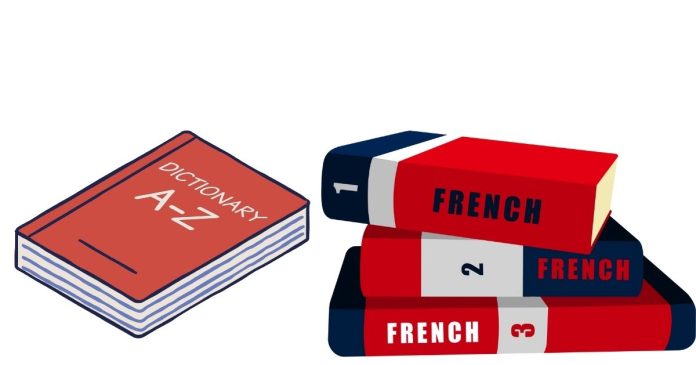The French phrase “Ça coûte combien” translates to “How much does it cost?” in English. It is a commonly used question in French-speaking countries when inquiring about the price of something. Let’s break down the phrase and explore its usage.
Understanding the Phrase
1. Word-by-Word Translation
- Ça: This or That. It is an informal pronoun often used to refer to something already mentioned or in context.
- Coûte: The verb coûter, meaning “to cost,” conjugated in the third person singular.
- Combien: Means “how much” or “how many,” depending on the context.
Together, the phrase “Ça coûte combien” literally means “That costs how much?”
2. Alternate Phrasing
In French, you might also hear or use:
- “Combien ça coûte?” – Another way to say “How much does it cost?” with slightly rearranged words.
- “Quel est le prix?” – Means “What is the price?” and is a more formal alternative.
Pronunciation
The phrase is pronounced as:
[sah koot kohm-byen]
Breaking it down:
- Ça: “sah”
- Coûte: “koot”
- Combien: “kohm-byen”
Usage in Everyday Life
- Shopping
When browsing in a store, you might point to an item and ask:
- “Ça coûte combien, ce sac?”
(How much does this bag cost?)
- Restaurants or Cafés
If you’re at a café and want to ask about the price of a dish:
- “Ça coûte combien, le café?”
(How much does the coffee cost?)
- Marketplaces
At a market, you could ask about the price of fresh produce:
- “Les pommes, ça coûte combien?”
(How much are the apples?)
Cultural Note
When asking about prices in French-speaking countries, especially in markets or local shops, it’s common to exchange pleasantries before jumping into price inquiries. For example:
- Start with a greeting like “Bonjour!”
- Then proceed with “Ça coûte combien?”
This politeness is an important part of French culture.
The phrase “Ça coûte combien” is an essential question for anyone learning French or traveling to a French-speaking region. It’s simple, practical, and widely used in everyday conversations. Mastering it will make shopping and interacting with locals much easier.


